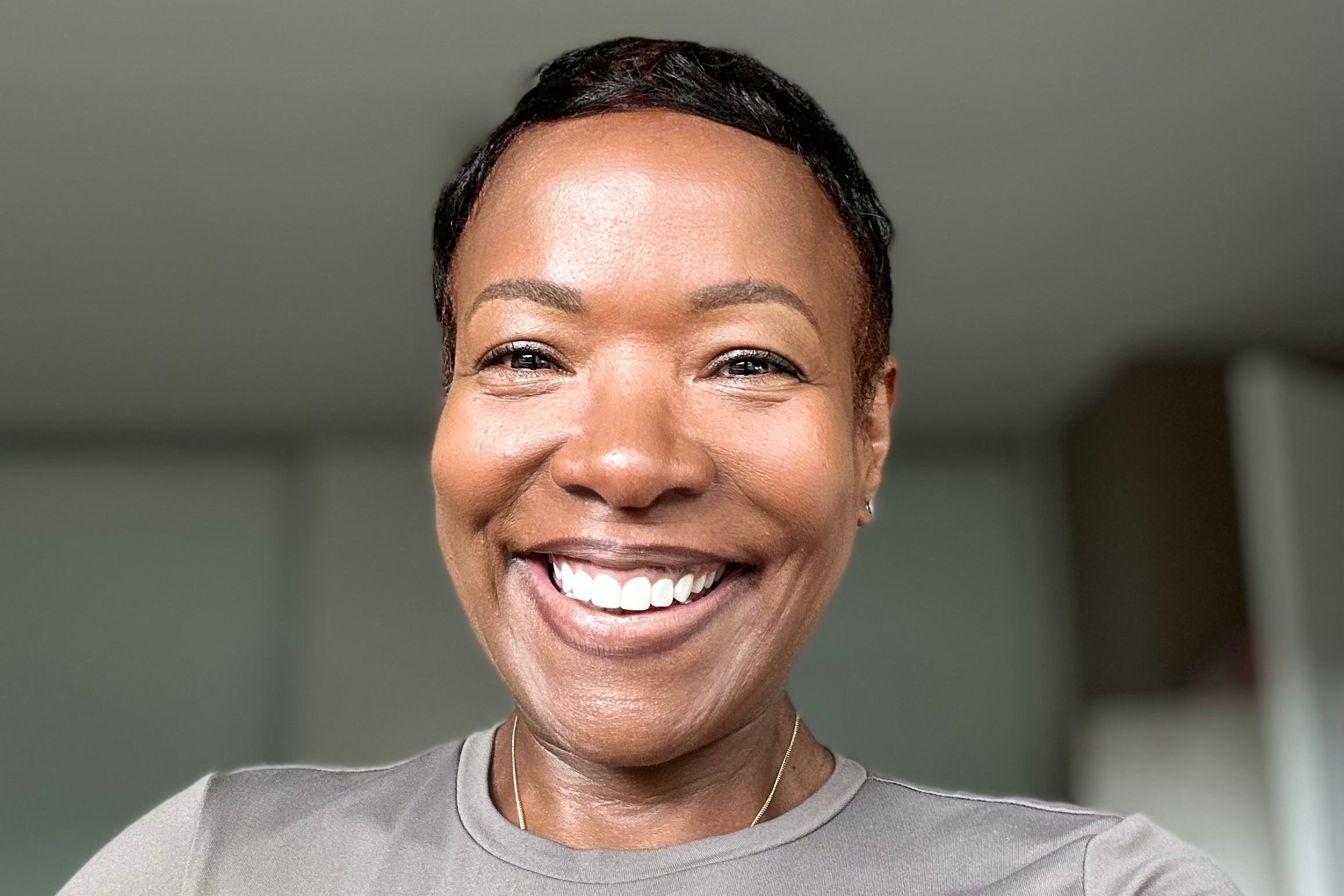The Stroke Association says stroke care is in a “dire state” in England with too few patients receiving timely treatment and only a third getting the recommended after care.
The charity says, as a result, thousands of stroke survivors are not getting the help they need to physically and mentally recover.
It warned that patients are also facing a “postcode lottery” when it comes to getting a clot-busting treatment, which can significantly reduce the likelihood of long-term disability.
Juliet Bouverie, chief executive of the Stroke Association, said: “Stroke changes a person’s life in an instant with far-reaching repercussions for many. It requires treatments including physiotherapy, speech and language therapy, and mental health support.
“The fact that 65 per cent of stroke survivors don’t get this is truly shocking and demonstrates the dire state stroke treatment and ongoing care is in.

“Stroke must be prioritised by governments and the NHS from prevention to diagnosis, treatment and long-term recovery, only then will stroke patients get the treatment they need, whenever they need it, so the increasing number of UK stroke survivors can live mentally and physically well.”
While stroke patients should be given a review six months after their stroke to discuss their physical and mental health and their ongoing needs, data from the 24/25 Sentinel Stroke National Audit Programme revealed that only 35 per cent of patients had this review – the lowest level since 2019/20.
The Stroke Association said that data from the audit reveal that less than half of eligible patients are getting a clot-busting thrombectomy, a procedure which should be delivered within 4.5 hours of a stroke, which removes the blood clot and restores normal blood flow.

The charity said when it comes to thrombectomy, patients are facing a postcode lottery which “limits when and where this life-changing and lifesaving treatment is available for stroke patients”.
Patsy Hyman, 58, from Hounslow, west London, went to A&E in May with problems with her vision, where she was diagnosed with a stroke.
After spending a week in hospital, she was sent home but had ongoing issues with fatigue and poor mental health.
She did not get a six-month review.
Signs of a stroke
NHS
The main symptoms of a stroke can happen suddenly. They may include:
- face weakness – one side of your face may droop (fall) and it might be hard to smile
- arm weakness – you may not be able to fully lift both arms and keep them there because of weakness or numbness in 1 arm
- speech problems – you may slur your words or sound confused
The easiest way to remember these symptoms is the word FAST. This stands for: face, arms, speech and time to call 999.
“Even though I’m one of the lucky ones, recovery doesn’t stop when you leave the hospital,” she said.
“In fact, that’s when you really need someone to turn to and, without consistent follow-up, people can feel lost – you can look fine on the outside, but there’s so much more going on underneath. Stroke isn’t a one-size-fits-all situation.
“Every stroke survivor is different, and they should be supported for as long as they need it.”
Ms Hyman was initially supported by the Stroke Association’s NHS-commissioned services, but when funding for the service ceased, she was left without any ongoing support.
“I’m so grateful for the help I received from the Stroke Association, but now that the service has been shut down, I can’t help feeling robbed of the future support I could have had,” she added.
An NHS England spokesperson said: “While more people than ever are now surviving a stroke and the proportion of patients discharged to a specialist stroke rehabilitation service in the community has risen to more than two-thirds, we recognise there is too much variation in care.
“The NHS is continuing to expand lifesaving thrombectomy treatment, with rates increasing again this year, and further work is underway to reduce regional variation and ensure all stroke patients are able to access appropriate aftercare.”
Charity slams ‘dire state’ of stroke care
Emergency contraception now available for free at 10,000 pharmacies
Dying patients facing cutbacks amid hospice ‘crisis’
Morning-after pill available for free in pharmacies across England
Hospice cuts mean dying patients face inadequate care - report
First-ever breath test could ‘revolutionise’ care for pancreatic cancer patients







